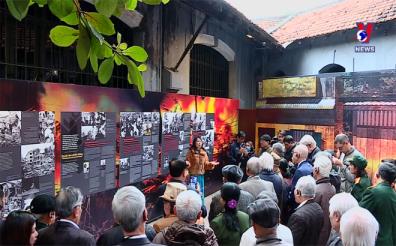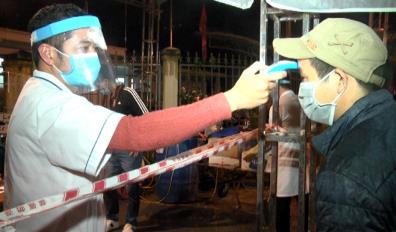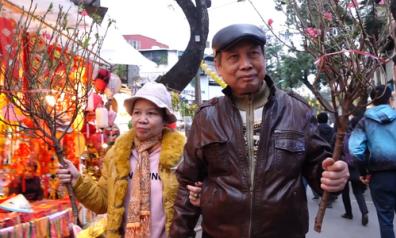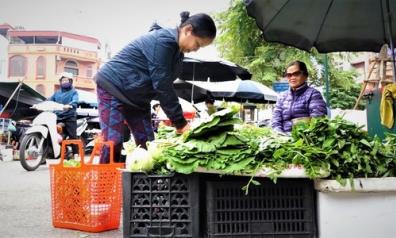WB-funded programme promotes hygiene perception and behaviour changes in Yen Bai
- Wednesday, October 6, 2021
YBO - Changes have been seen in hygiene perception and behaviour of ethnic minority people in Yen Bai thanks to the four-year implementation of the WB-funded Results-based Scaling Up Rural Sanitation and Water Supply Programme.
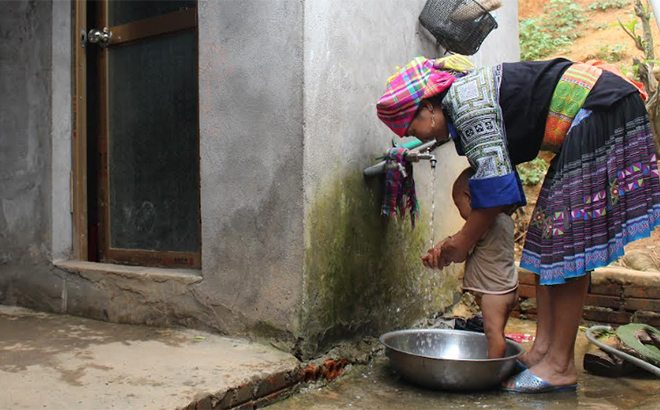
|
|
H’mong ethnic minority people in Mu Cang Chai District have access to clean water.
|
Other news

The countdown is on toward major milestones: the 80th anniversary of the founding of the Yen Bai Provincial Party Committee, the 20th Provincial Party Congress, and the 80th anniversary of National Day on September 2. On every construction site in Yen Bai, the atmosphere remains vibrant. This is not just a race against time, but a vivid testament to the province’s will for innovation, determined action, and aspiration for progress demonstrated by the entire political system and the people of Yen Bai.

In recent years, medical examination and treatment activities in Yen Bai Province have seen significant improvements thanks to the adoption of digital transformation. Healthcare institutions across the province have actively implemented information technology in delivering medical services and optimizing administrative procedures for outpatient and inpatient care. This has gradually enhanced the quality of treatment and contributed to better public health outcomes.

With the goal of maintaining achievements in polio eradication, eliminating neonatal tetanus, and preventing infectious diseases, Yen Bai province is implementing an expanded immunization plan across the province, aiming for high coverage and absolute safety for children, pregnant women, and high-risk groups.

In recent years, Yen Bai Province has frequently suffered severe consequences from natural disasters, particularly flash floods, mudslides, and landslides. To minimize disaster-related damages, installing automated rain gauge stations has become essential, providing accurate rainfall data by location and enabling early warning systems to reduce losses.


